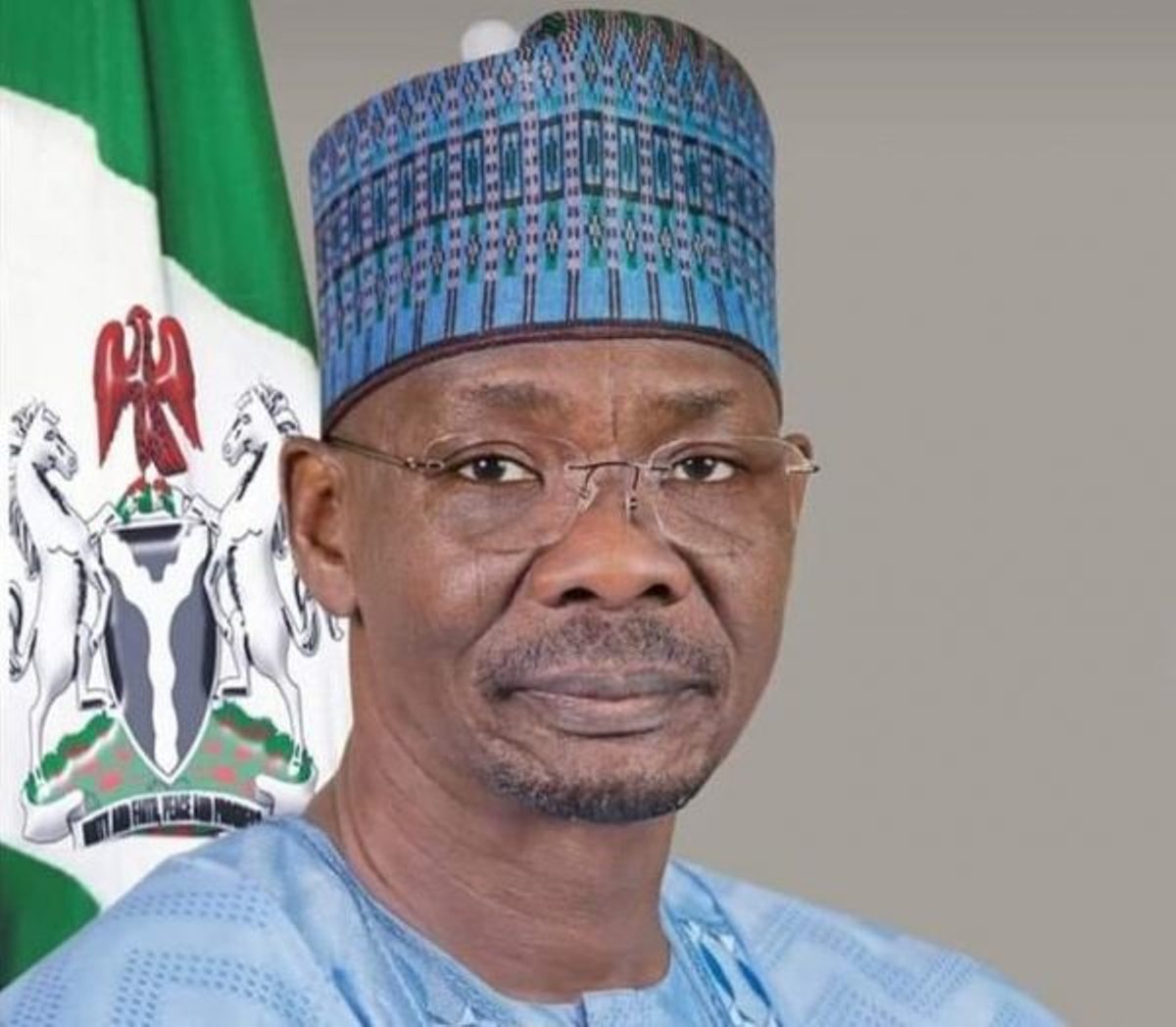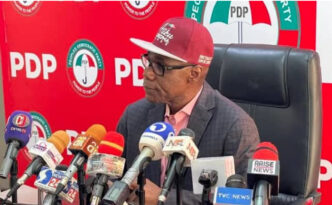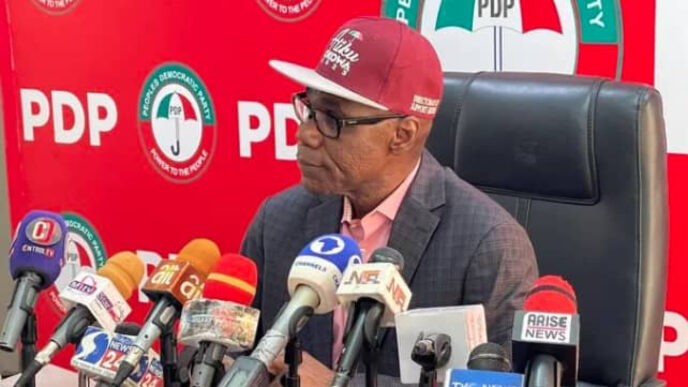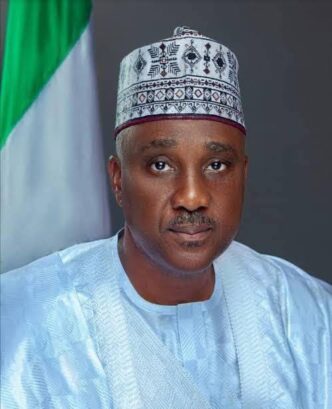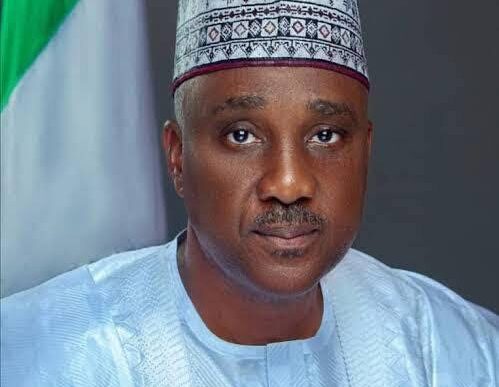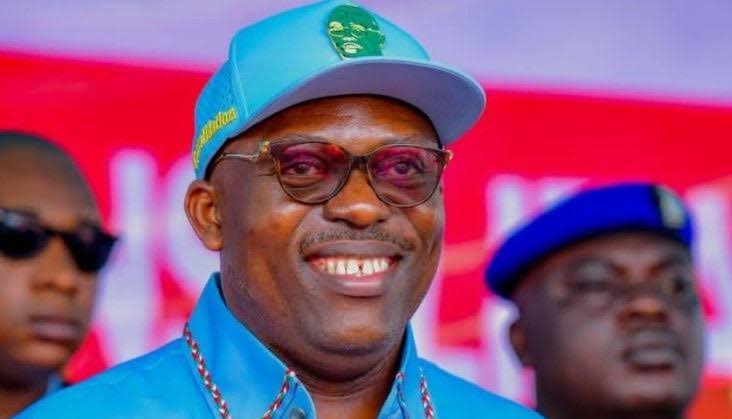Governor Abdullahi Sule of Nasarawa State has urged his counterparts across northern Nigeria to take greater responsibility for security and channel their increased federal allocations into sectors that can transform their economies.
Gatekeepers News reports that speaking on Monday at the 2025 Northern Nigeria Investment and Industrialisation Summit (NNIIS) in Abuja, Sule said monthly allocations from the Federation Account Allocation Committee (FAAC) have quadrupled under President Bola Tinubu’s reforms.
“For the first time in our history, all tiers of government are sharing more revenue than they ever imagined,” Sule said.
“Over N2.2 trillion was shared this month alone. When I became governor in 2019, we were sharing between N590 billion and N620 billion. Today, it is four times that amount.”
On September 17, FAAC announced that it distributed N2.22 trillion among the three tiers of government for August, drawn from a gross total of N3.63 trillion.
Leveraging Resources for Growth
Sule said Nasarawa has capitalised on the reforms by requiring solid mineral investors to establish processing plants. He noted that a 3,000-metric-tonne-per-day facility has been commissioned, while another 6,000-tonne plant is awaiting inauguration.
He also confirmed oil reserves estimated at five to seven million barrels in the state and outlined plans to expand rice cultivation from 3,300 hectares to 8,000 hectares before the end of his tenure.
“Every state now has the resources to secure its people,” the governor added.
“We should stop blaming anybody for our security. If we are blaming anybody, blame ourselves.”
Calls for Investor-Friendly Policies
Delivering a goodwill message, Jani Ibrahim, deputy president of the Nigerian Association of Chambers of Commerce, Industry, Mines and Agriculture (NACCIMA), said mining, agriculture, and power were “the most solid pillars upon which the economic revitalisation of northern Nigeria must rest.”
“Unlocking these opportunities requires more than vision. It demands leadership and commitment at sub-national levels,” Ibrahim said, urging governors to adopt transparent, investor-friendly policies, streamline regulations, and guarantee security.
He also called for the creation of industrial clusters around mineral belts, infrastructure investments, and partnerships to boost education and skills.
Northern Governors on Infrastructure and Security
Gombe State Governor Inuwa Yahaya, chairman of the Northern Governors’ Forum, said poor infrastructure was holding back the region’s potential.
“The backbone of Northern Nigeria’s economy from glorious times through the early years of independence was agriculture, supported by an extensive network of rail lines,” Yahaya said.
“Today, the realities remain unchanged. We are blessed with mineral wealth, fertile land, and vibrant human capital, but without railways, roads, power, and storage, the full value cannot be realised.”
He urged reforms in project financing to improve entrepreneurs’ access to credit, saying current collateral requirements were exclusionary.
Zamfara Governor Dauda Lawal stressed that investors would only commit capital in safe environments.
“Investors are not philanthropists. They will not commit capital where it is not safe,” Lawal said.
“We must integrate our security architectures, share intelligence in real time, and foster collective policing.”
Lawal added that northern states are developing a unified investment policy to streamline land administration, tax incentives, and regulatory approvals. He also underscored the importance of reliable electricity:
“No nation or region has ever industrialised with generators,” he said.
Technology and the Future
Lamis Dikko, chairman of the New Nigeria Development Company (NNDC), called on the north to embrace technology as the driver of its development.
“We either innovate or we stagnate,” Dikko said.
“The north has the scale, the youth, the resources, and the will. What we need is the method, and that method is technology. Let us change the method, and we will change the outcome.”
He also urged universities to recalibrate their curricula to reflect advances in artificial intelligence and pledged NNDC’s support for partnerships with governments and investors.

